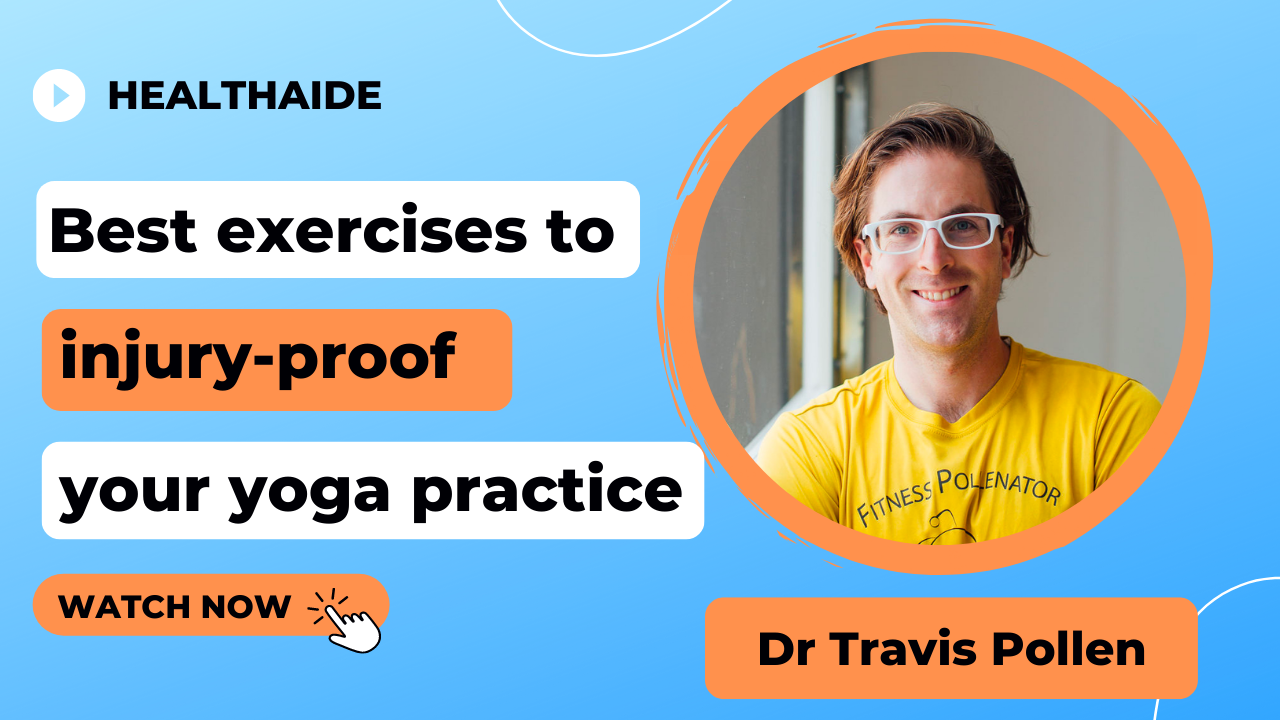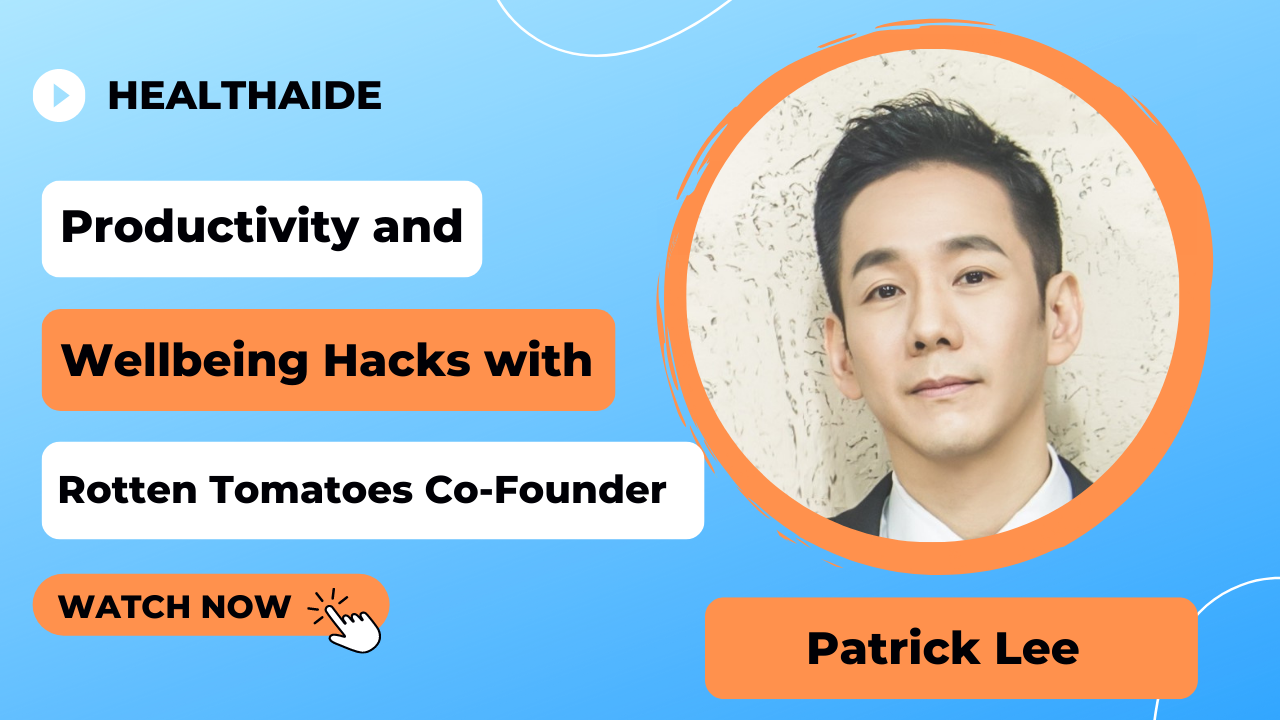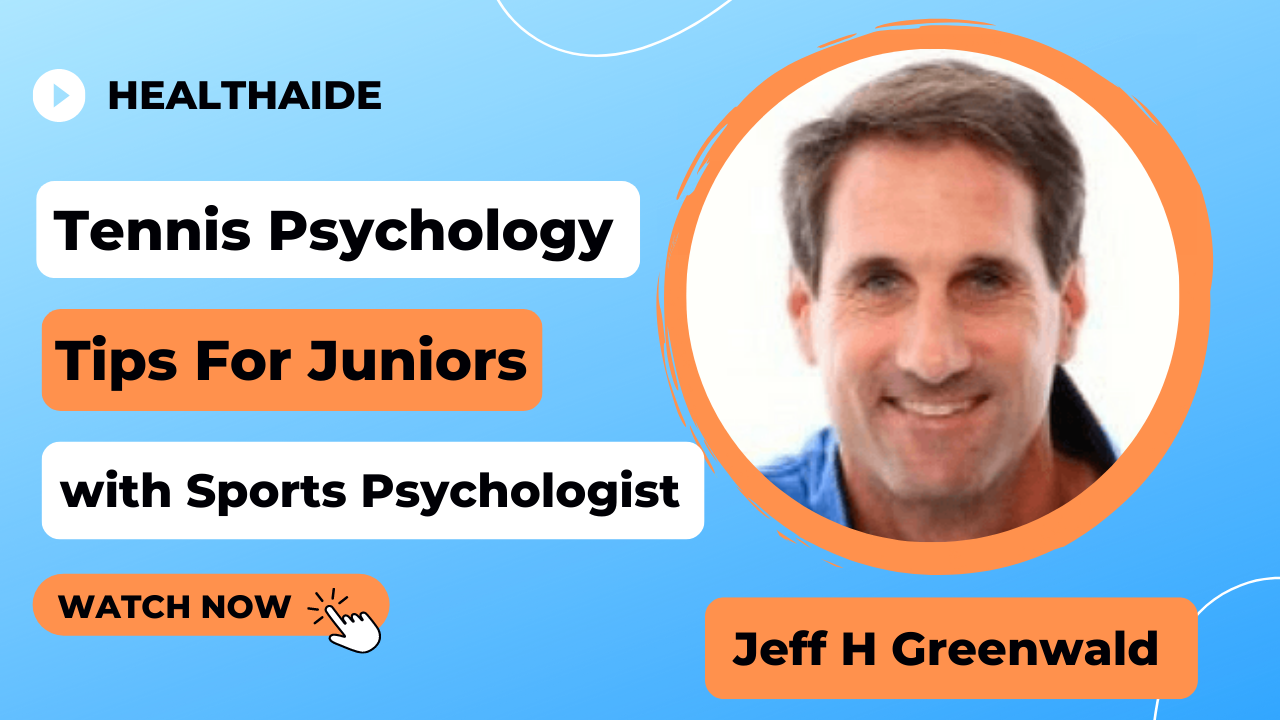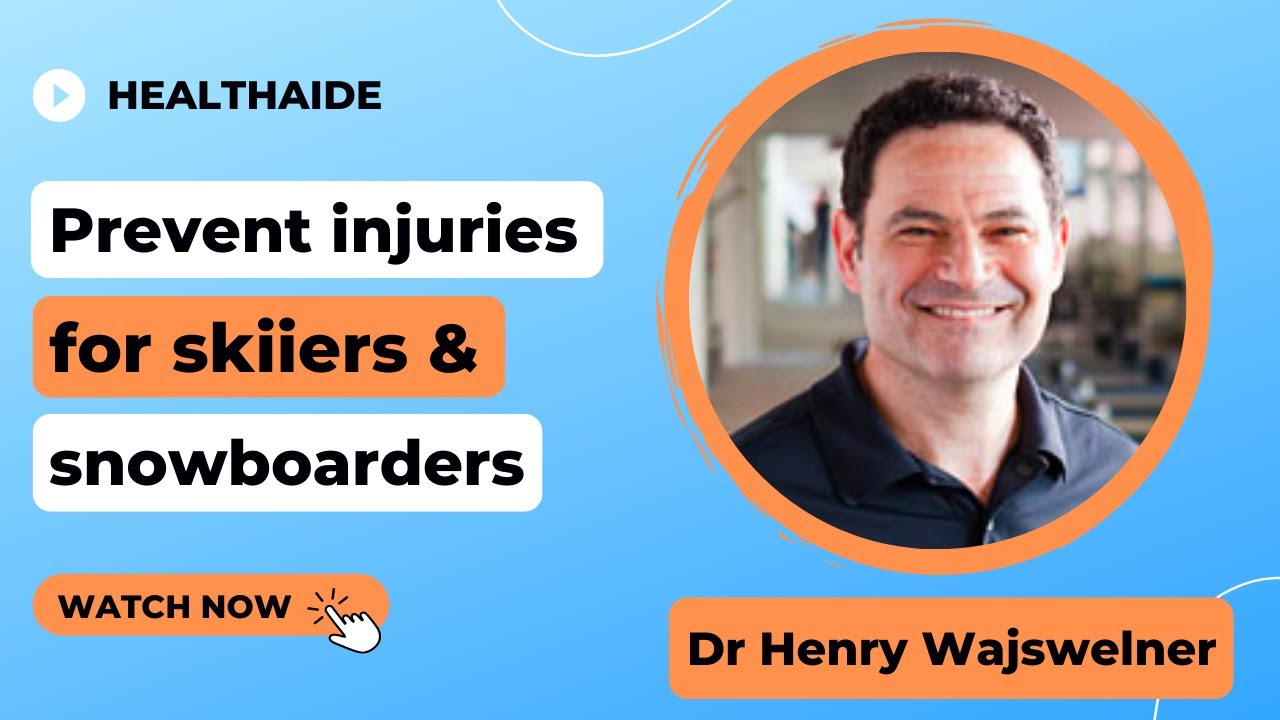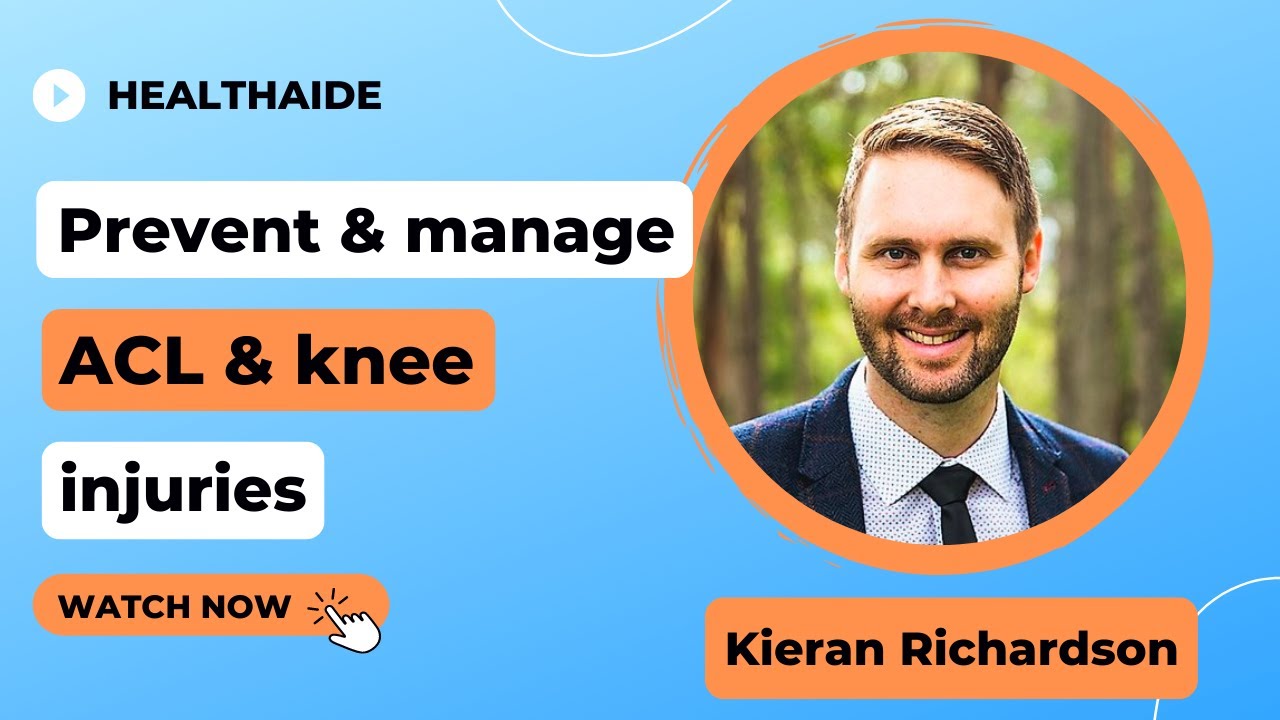Listen To Episode on YouTube, Spotify and Apple Podcasts
Oura Ring Review
Today on HealthAide chats, Barry Nguyen (CEO and co-founder of HealthAide) speaks to Dr Molly Maloof MD about the Oura Ring and how you can use it to optimise your health.
Dr Molly Maloof is passionate about extending healthspan through her medical practice, personal brand, entrepreneurial and educational endeavors.
She provides personalised medicine to world-class entrepreneurs, investors, and technology executives in Silicon Valley.
Since 2012, she has worked as an advisor or consultant to over 50 companies in the digital health, consumer health, and biotechnology industries.
For three years she taught a course on healthspan in the Medical School at Stanford University before founding Adamo Bioscience, a company pioneering the science of love.
In 2023, she published her first book, The Spark Factor, with Harper Wave Books.
Learn more about Molly at www.drmolly.co and find her on Instagram, Facebook and Twitter.
The content in this video is for informative purposes only and does not serve as medical advice. Please see your usual medical practitioner for a review or further information before starting any training regime or treatment plan.
Timestamps For Video
Links Open On YouTube
(0:16) Introduction
(1:09) Dr Molly Maloof’s background
(2:37) What’s your definition of healthspan?
(3:38) Is the Oura ring a fad?
(4:55) What do you think of the content provided by Oura that supports the use of the ring?
(9:25) What does rest mean?
(10:15) From a doctor’s perspective, what variables do you look at on an Oura ring?
(16:32) Is the Oura ring comparable with gold standard sleep testing?
(22:33) Is meditation equivalent to sleep?
(24:46) Oura Ring and fertility
(26:23) Research on Oura Ring Heart Rate Variability (HRV) data
(28:13) Dr Molly Maloof’s book – The Spark Factor
(31:54) How do you manage health anxiety from using wearable tech?
(36:04) How do you tap into your intuition?
(38:56) What type of meditation allows you to tap into your intuition?
(41:46) Can people with Asbergers benefit from meditative practices?
